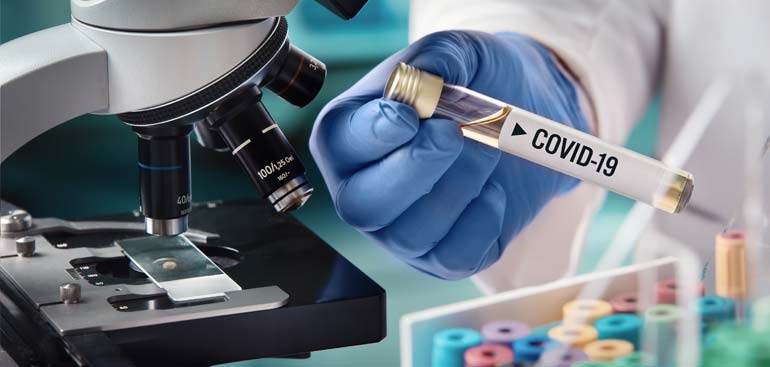Due to the onset of the pandemic, new COVID-19 scheme effects have been added to the existing rules of the R&D scheme. Several forms of state aid have been introduced to assist businesses effected by the pandemic, and the type of state aid received can affect your subsequent R&D claim.
State aid
Let us start with state aid. State aid is defined as money invested by the Government into domestic businesses and can take the form of many state resources including monetary grants, which do not need to be repaid, or loans which must be paid back. These loans have more favourable terms than those available commercially. Additionally, tax breaks can be offered to greatly reduce a taxpayer’s liability. These come in three forms, either a tax deduction, a tax credit, or a tax exemption, and reduce the amount of gross income that is subject to taxes. State-subsidised aid is distributed by public authorities on a selective basis to organisations that could potentially disrupt competition and trade within the European Union. All state aid provided by the EU is ruled as either notifiable, non-notifiable, or De Minimis.
For R&D purposes, an R&D project cannot receive more than one form of notifiable state aid. As the SME R&D scheme is considered a form of state aid, if a company has received a different form of notifiable state aid and subsequently spent it on their research and development project, they will be unable to utilise the SME scheme. However, if the alternative form of state aid has been separated from the R&D project, the company can still utilise the SME scheme. Other notifiable state aid schemes include the Coronavirus Business Interruption Loan Scheme, Coronavirus Large Business Loan Scheme, Bounce Back Loans, and the Retail, Hospitality and Leisure Grant Fund.
A business can be in receipt of De Minimis state aid and still qualify for the SME scheme. However, any costs from the De Minimis state aid spent on R&D will have to be deducted. For example, the Coronavirus Job Retention Scheme, otherwise referred to as Furlough, is treated as De Minimis state aid. Consequently, any costs subsidised under the Furlough scheme would not be eligible in the claim. As employees were instructed not to work while receiving Furlough, any costs associated with the employee for the period they were furloughed would also have to be removed from the claim. Additionally, the Small Business Grant is considered De Minimis state aid, and any money received and subsequently spent on R&D will be excluded under the SME R&D scheme.
Future Fund
Additionally, a company may receive aid from the Future Fund. As this is not considered either notifiable or De Minimis state aid, any money received from this fund and spent on R&D will have no impact on a company’s eligibility for the SME R&D scheme.
Recovery Loan Scheme
In 2021, a new form of notifiable state aid was introduced called the Recovery Loan Scheme. Although notifiable state aid cannot normally be claimed for under the SME scheme, this scheme was introduced post-Brexit and therefore does not fall in the same bracket as other forms of notifiable state aid. As such, it does not affect a business’s ability to claim on the SME R&D scheme. However, it is important to note that if a company’s R&D activity is subject to the Northern Ireland Protocol, it would subsequently fall under the regular EU state aid rules and would impact a business’s ability to claim under the SME scheme.
Contact us
If your company has received any form of state aid and you are concerned that this could impact your ability to claim, please do not hesitate to contact us. Our team can help identify all qualifying expenditure and compile this into a report format recognised and accepted by HMRC.

